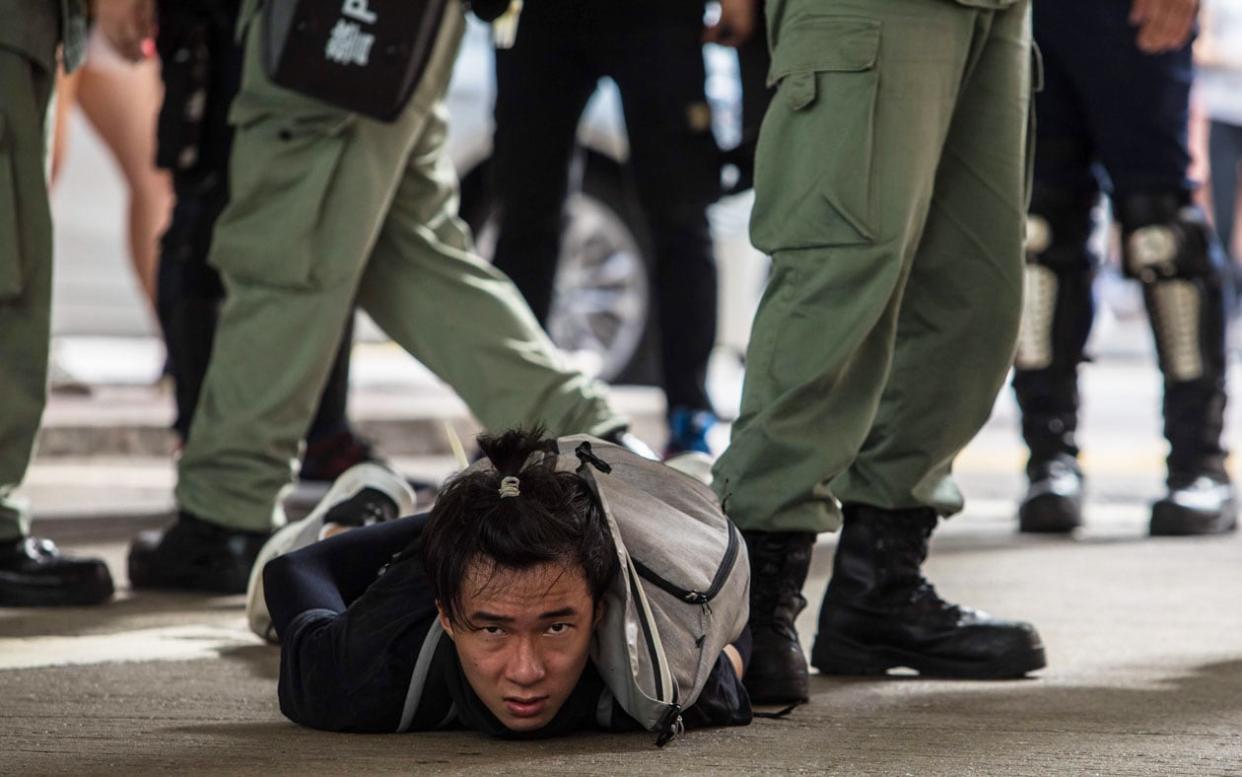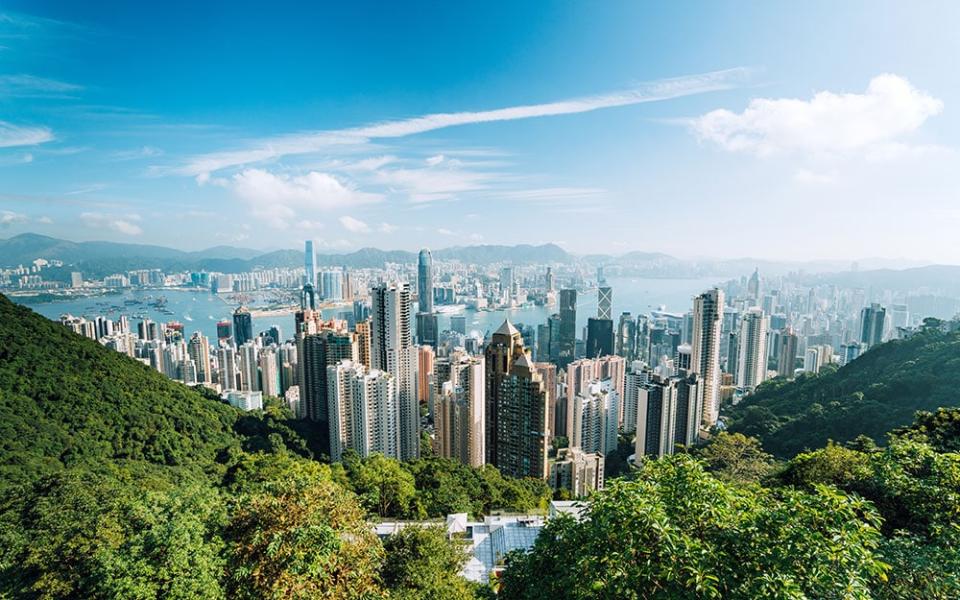Crackdown on foreign 'subversion' puts Hong Kong tourists at the mercy of the secret police

Yesterday, as riot police were firing pepper balls and water cannon at peaceful protesters and passersby in Hong Kong’s busiest shopping district, the British Foreign and Commonwealth Office (FCO) was updating its Hong Kong travel advisory to warn visitors of “an increased risk of detention and deportation for non-permanent residents who commit an offence under the law.”
Canada has also updated its advice, asking visiting Canadians to “exercise a high degree of caution”, while also warning of arbitrary detention, as well as the possibility of extradition to mainland China. The United States and Australia, too, have issued similar notices.
While, overall, the British government guidance remains the same – that it is safe to travel to Hong Kong (with Covid-19 restrictions, of course), this might be the most serious advisory the city, long considered one of the world’s safest, has ever received.
The warning comes as a result of the introduction of the National Security Law, recently passed by Beijing, which came into force on July 1.
The law has been widely condemned as threatening the fundamental freedoms of Hong Kong people, whose cultural scene and way of life are distinctly different from those of mainland China, but it may also have frightening implications for visitors too.
A raft of opaque new amendments to Hong Kong’s Basic Law includes charges of subversion, sedition, terrorism and collusion, with penalties of up to life imprisonment, which the Chinese government believes it can apply to 7.6 billion people – that is to say, every person in the world.
Sharron Fast, Lecturer in Media Law at the University of Hong Kong, explained: “At present, absent of any judicial consideration on the matter, almost any act deemed to have occurred within Hong Kong borders or globally that has consequence in Hong Kong could be pursued by the newly established PRC state security body in Hong Kong.”
While the details are deliberately sketchy, it theoretically means that anyone who has criticised China or shown support for the Hong Kong pro-democracy protest movement could now be detained in Hong Kong, indefinitely, even when transiting through the airport. Any visitors to Hong Kong who do not hold Hong Kong permanent residency could also be denied entry or deported.
For eight years in a row, Hong Kong has been the world’s most visited city, retaining its title throughout 2019 despite huge anti-government protests. But having masterfully tackled the coronavirus crisis (the city has suffered 1,234 cases and seven deaths), Hong Kong tourism has now been struck with what might be a much deadlier blow.

A Hong Kong Tourism Board spokesperson said: “It’s difficult to ascertain the impact of the National Security Law on Hong Kong tourism at the moment, but it is highly unlikely that bona fide tourists will be affected at all by the National Security Law.”
Who constitutes as a bona fide tourist is unclear, but with secret police now operating in the city, civilians subject to random searches (shoppers caught up in Wednesday’s protest against the new legislation were made to turn out their backpacks), and the possibility of breaking this deliberately confusing law without even realising you’ve done so, it remains to be seen how the Hong Kong Tourism Board, Brand Hong Kong and their newly-appointed PR team, Consulum, can spin the risk of potential arrest, detention or even life imprisonment while on holiday in what was once one of the world’s most exciting, engaging and energetic cities.


